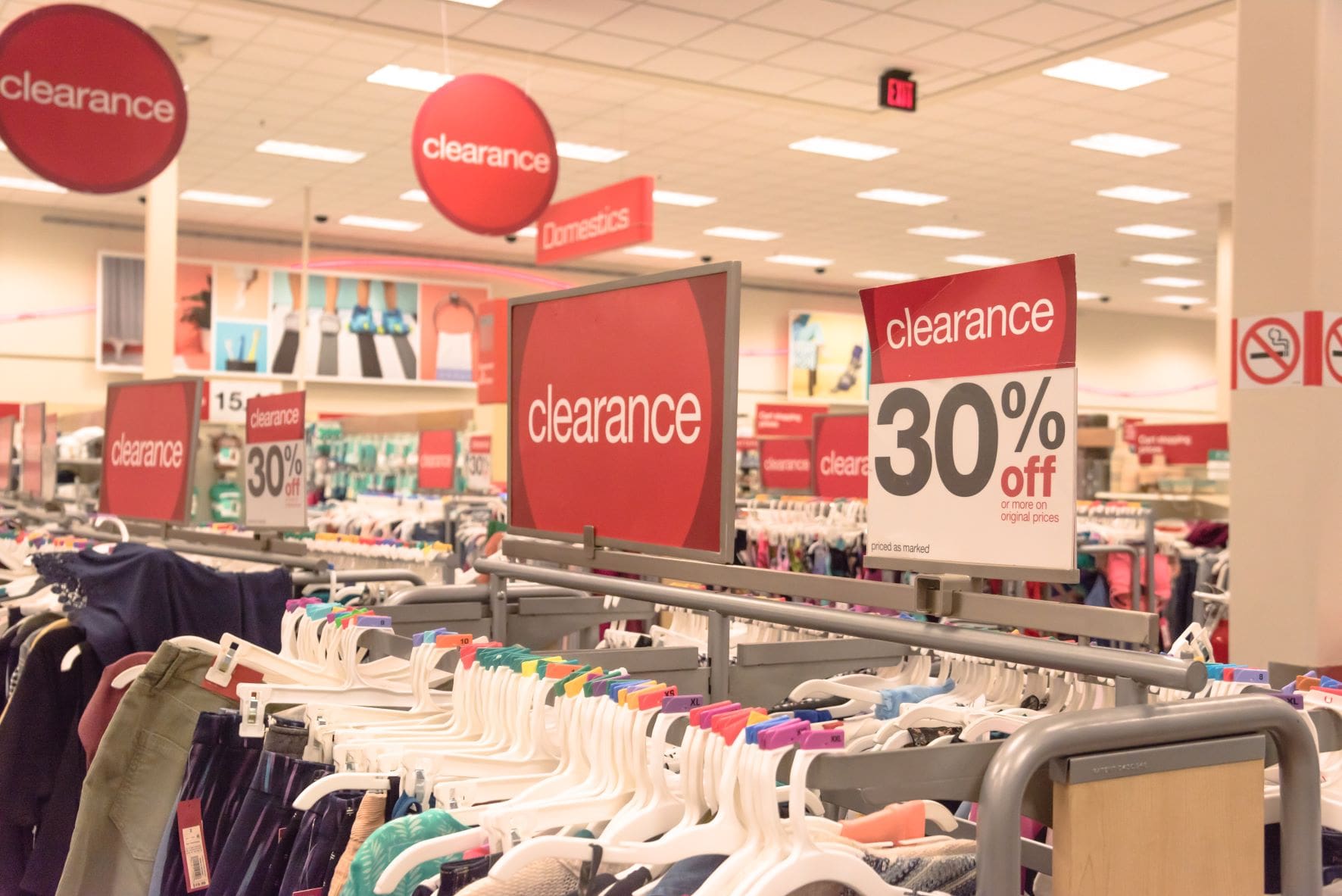Retail arbitrage is when you buy goods at a discounted price and then resell them at a higher price to make a profit. For instance, you can buy a product at a discounted rate of $2 from a store or brand and resell the same for $6 and gain from the difference.
Amazon retail arbitrage is just the same as any other retail arbitrage, the only difference is that the selling platform is Amazon. Here, you find a deal on a product and resell it on Amazon.
Retail arbitrage shouldn’t be confused with other business models like wholesaling, private labeling, and dropshipping. Here, a customer orders from the seller, who in turn forwards the order to a supplier. It then becomes the responsibility of the supplier to get the product to the customer.
The Pros Of Amazon Retail Arbitrage
- It’s a simple business model and won’t cost you much, unlike wholesaling and private labelling. If your sales are relatively low (less than 40 a month), Amazon won’t charge you a subscription fee. However, if you make more, you’ll be upgraded from Individual Seller Account to Professional Seller Account.
- Some of the products aren’t available on the Amazon platform. When you sell such products on Amazon, it widens their product range, therefore, earning revenue for Amazon and yourself. This will make you a valuable asset to Amazon and they’ll work hard to keep your business.
- It offers buyers convenience as they can order goods remotely by clicking ‘add to cart’ instead of physically going to a brick-and-mortar store.
- You won’t be tasked with thinking of new product ideas to make a product sale; Amazon already takes care of that. You also have the freedom to choose from a variety of products to resell.
- You won’t have to put much effort into marketing the goods, as brands are already advertising them.
The Cons
- Profit margins may be limited since you don’t have ownership of the products. For instance, a popular product has buying limitations. You may end up asking others to buy stock on your behalf which will come with other expenses. You may also be forced to purchase from different outlets to satisfy the demand.
- You may face the hurdle of ‘brand gating’ (barriers set up by brands on their products). You might purchase products only to realize that they’re brand-gated. The hassle of getting a brand’s permission to resell a product involves a lot and may not be worth it after all. You may eventually be forced to look for other markets to sell that product.
- Under the ‘Brand Registry Protection’ on Amazon, private labels and brands have larger control over their listings. Brands can gate their products or report sellers reselling their products. This can negatively impact your business as a seller and be branded as someone who sells counterfeit goods. Your account on Amazon can be flagged and taken down and become a victim of social media trolls.
- Being a reseller means everyone before and after you gets a cut. Your Return on Investment can therefore be quite low especially if you’re selling a few products.
- Some products may be on sale because they’re defective or may have recall issues that you may not know at the time of purchase. Stores may also be offering clearance sales to make room for newer versions of their products. If you purchase such products, you may end up suffering huge losses.
If done properly, Amazon retail arbitrage can scale your business.
- After signing up on the Amazon Seller account, consider signing up for FBA Program. This program will take the burden off your shoulders of dealing with orders yourself. You’ll be left to deal with other tasks like shopping for products, listing them on Amazon, and taking the products for storage in Amazon’s warehouse.
- Amazon BSR is the tool Amazon uses to measure the popularity of a product compared to other products in the same category. Don’t use BSR entirely to make your stocking decisions. This is because a product may rank well on BSR but has no popularity and end up with dead stock.
- Stock variety of products instead of going all-in on one product just because you got a good deal. This way you minimize the possibility of losing your capital if things don’t work out.
- The possibility of making quick money on a deal shouldn’t lure you into making rash decisions. Be patient or you’ll end up with bad stock which either sells at a loss or will accumulate your storage fees.
- After listing your products, take the next step of monitoring your sales and listings so you won’t end up stranded in inventory.
- Use a seller app that will help you know the sales rank of a product and how fast it can be sold on Amazon and its resale worth. The app will enable you to scan a product’s bar code and give you information about it.
Conclusion
Simple as it may sound, don’t be deceived. Just like any other business, Amazon retail arbitrage is a business that needs hard work. Unlike other businesses, where systems and processes put in place enable the businesses to run even while the owner is away, retail arbitrage is different. You have to be hands-on and continually searching, buying, and flipping. Because when you stop, your income stops.
